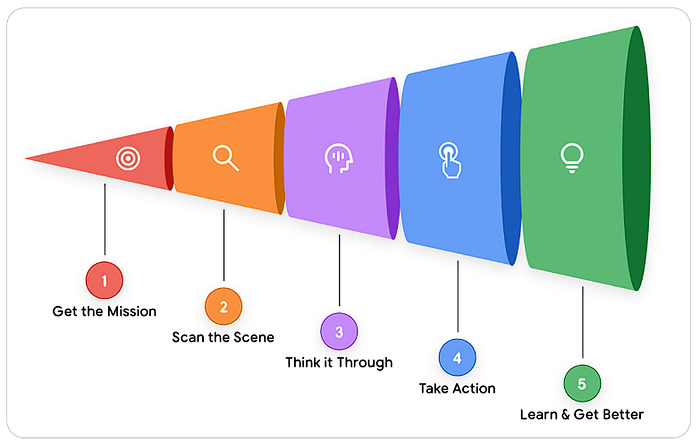The Power of Enterprise AI: Unlocking Business Potential
CIOs and business leaders know they’re sitting on a goldmine of business data. And while traditional tools such as business intelligence platforms and statistical analysis software can effectively surface insights from the collated data resources, doing so quickly, in real-time and at scale remains an unsolved challenge. Enterprise AI, when deployed responsibly and at scale, can turn these bottlenecks into opportunities.
The Challenges of Deploying AI
Acting quickly on data, even ‘live’ (during a customer interaction, for example), is one of the technology’s abilities, as is scalability: AI can process large amounts of information from disparate sources almost as easily as it can summarize a one-page spreadsheet. But deploying an AI solution in the modern enterprise isn’t simple. It takes structure, trust and the right talent. Along with the practical implementation challenges, using AI brings its own challenges, such as data governance, the need to impose guardrails on AI responses and training data, and persistent staffing issues.
Expert Insights
We met with Rani Radhakrishnan, PwC Principal, Technology Managed Services – AI, Data Analytics and Insights, to talk candidly about what’s working — and what’s holding back CIOs in their AI journey. Rani is especially attuned to some of the governance, data privacy and sovereignty issues that face enterprises, having spent many years in her career working with numerous clients in the health sector — an area where issues like privacy, data oversight and above all data accuracy are make-or-break aspects of technology deployments.
Shifting Expectations for AI
Rani said that there’s a growing enthusiasm from PwC’s clients for AI-powered managed services that can provide both business insights in every sector, and for the technology to be used more proactively, in so-called agentic roles where agents can independently act on data and user input; where autonomous AI agents can take action based on interactions with humans, access to data resources and automation. Depending on the sector of the organization, the interest in AI can come from many different places in the business.
The Data Challenge
Effective AI implementations need a mix of technical skills — data engineering, data science, prompt engineering — in combination with an organization’s domain expertise. Internal domain expertise can define the right outcomes, and technical staff can cover the responsible AI practices, like data collation and governance, and confirm that AI systems work responsibly and within company guidelines. “In order to get the most value out of AI, an organization has to get the underlying data right,” she said.
Overcoming Bias and Data Challenges
Part of the work enterprises have to put in for effective AI use is the observation for and correction of bias — in both output of AI systems and in the analysis of potential bias inherent in training and operational data. It’s essential that as part of the underlying architecture of AI systems, teams apply stringent data sanitization, normalization, and data annotation processes. The latter requires “a lot of human effort,” Rani said, and the skilled personnel required are among the new breed of data professionals that are beginning to emerge.
Conclusion
It’s only been a few years since AI emerged from its roots in academic computer science research, so it’s understandable that today’s enterprise organizations are, to a certain extent, feeling their way towards realizing AI’s potential. But a new playbook is emerging — one that helps CIOs access the value held in their data reserves, in business strategy, operational improvement, customer-facing experiences and a dozen more areas of the business.
FAQs
Q: What is Enterprise AI, and how can it help businesses?
A: Enterprise AI refers to the use of artificial intelligence technologies by organizations to improve their operations, customer experiences, and decision-making. It can help businesses by providing real-time insights, automating processes, and enhancing customer interactions.
Q: What are the challenges of deploying AI in an enterprise setting?
A: Deploying AI in an enterprise setting can be challenging due to the need for structure, trust, and the right talent. Additionally, AI brings its own challenges, such as data governance, bias, and staffing issues.
Q: How can businesses overcome the data challenge in AI implementations?
A: Businesses can overcome the data challenge by ensuring that their data is accurate, complete, and well-structured. This requires a mix of technical skills, such as data engineering and data science, and domain expertise.
Q: What is the role of human effort in AI implementations?
A: Human effort is essential in AI implementations, particularly in tasks such as data annotation, bias correction, and model training. While AI can automate many processes, human oversight and input are necessary to ensure that AI systems work responsibly and effectively.











